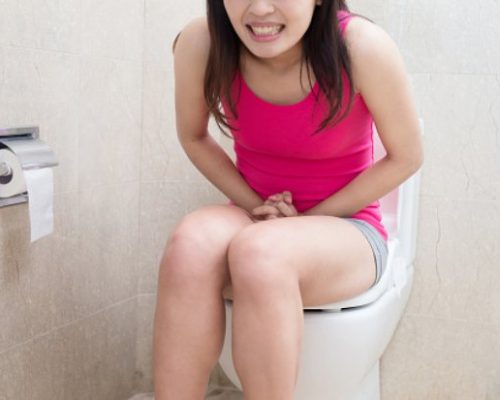What is Pelvic Inflammatory Disease (PID)?
An infection in the female reproductive organs leads to this condition. This condition arises when the sexually transmitted bacteria infects the uterus, fallopian tubes, and ovaries. If left untreated it can enter the bloodstream from pelvic organs and become life-threatening. However, it is a treatable condition and most women make full recovery with proper medication and therapies. The treatment should be started without any delay or carelessness.





